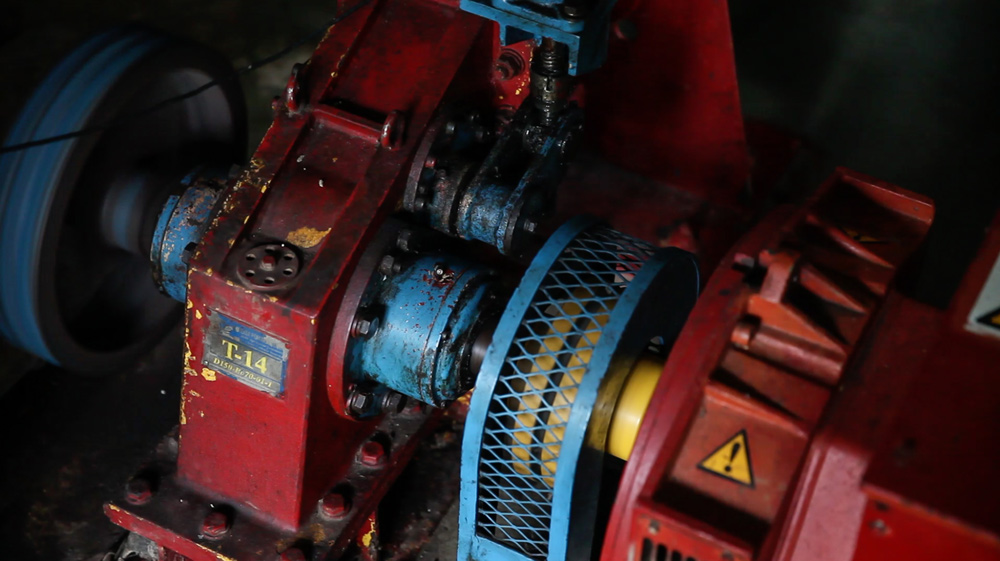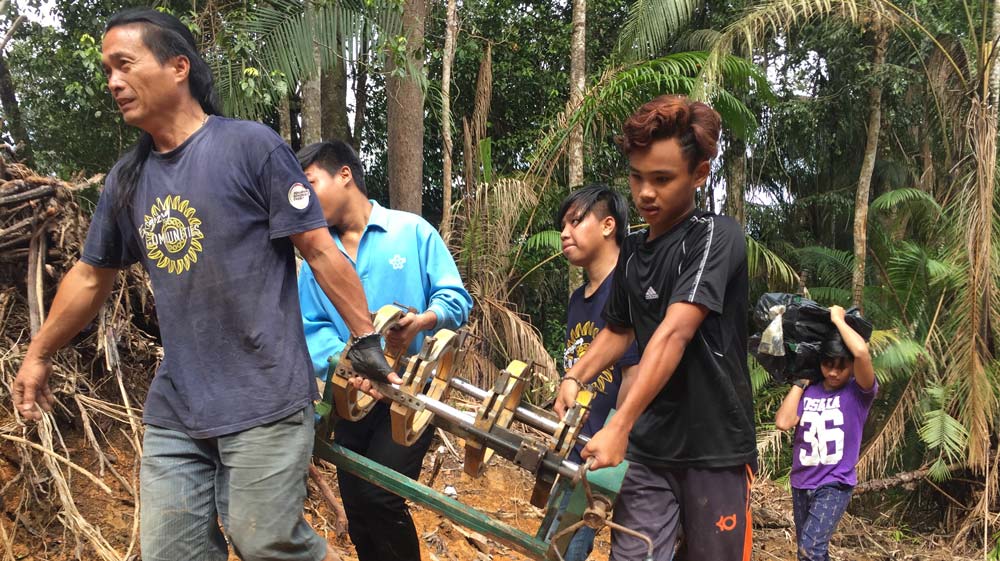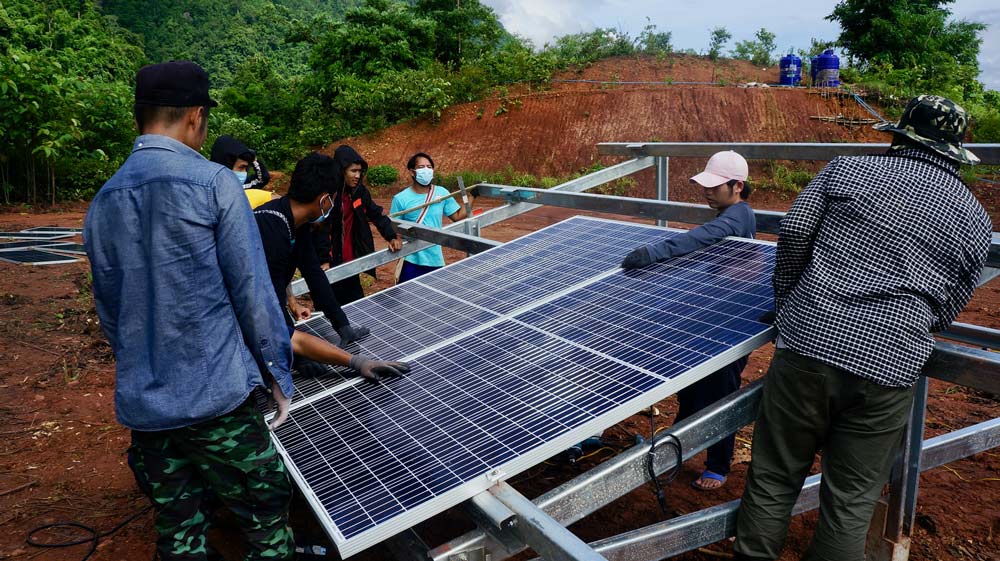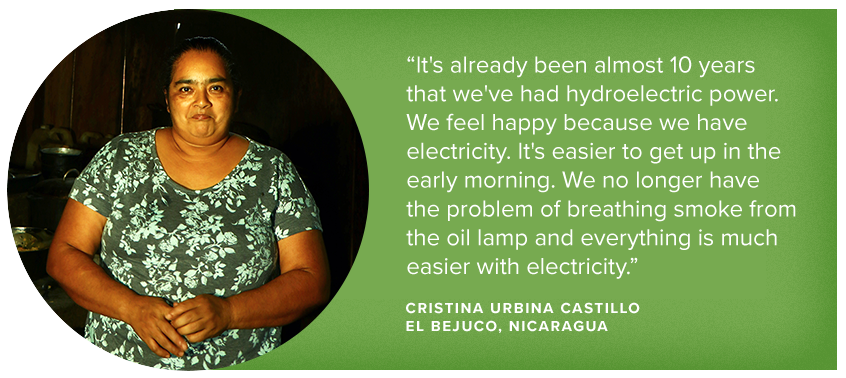759 Million people lack access to electricity.
OUR WORK
We form micro-utilities that deliver reliable energy to homes, clinics, and schools, at the last mile.
Electricity is a cornerstone for a healthy life and economic opportunity. Worldwide, many people living in “energy poverty” reside in remote locations, far from national energy grids that themselves rely on polluting, nonrenewable sources of energy. Green Empowerment works with rural and indigenous populations to build renewable energy solutions that elevate the health and wellbeing of both people and planet.
OUR FOCUS
Community Owned and Operated Micro-utilities
Together with regional partners we build mini-grids that deliver quality, consistent energy to homes, schools, and clinics. These systems provide sufficient power for large appliances like washing machines, power tools, and food mills, providing a real springboard for economic opportunity.


energizing healthcare
In many rural communities, health centers suffer from the same lack of electricity infrastructure as the general population. Imagine planning for vaccine distribution without reliable electricity to power a freezer or delivering a baby by kerosene lamp. We work with partners to bring solar power to remote clinics, elevating local healthcare and contributing to the global effort to combat COVID-19.


RIGHT-FIT TECHNOLOGY
We believe in matching the technology to the need.
HOLISTIC APPROACH
Training & Leadership
With our partners, we provide technical and administrative training so that community members are equipped to manage and maintain systems for years to come. We build off womens’ traditional role as domestic leaders to promote them to community leadership roles.
Watershed Conservation
In order to guarantee the long-term success of micro-hydro systems, communities work with Green Empowerment to develop and implement a watershed management plan.
Complementary Projects
Our holistic approach includes working with partners on projects that complement and fortify energy systems such as rainwater catchment to fortify biodigesters and community business plans that help offset the costs of energy grids.

